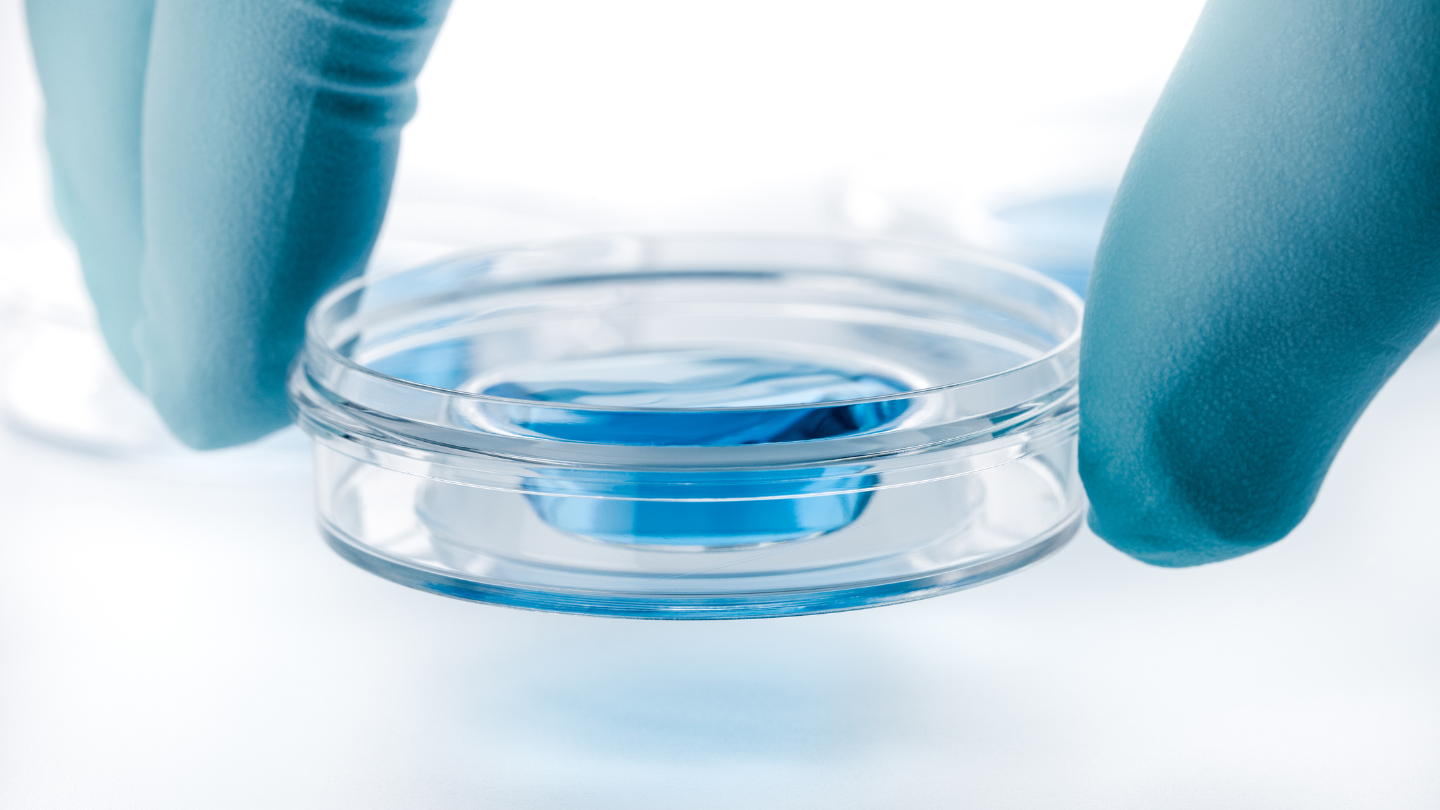Why is it important to prepare your body for IVF?
Preparing your body for IVF (In Vitro Fertilisation) is crucial for increasing the chances of a successful outcome. A healthy lifestyle can improve the effectiveness of the treatment, enhance egg quality, and create a supportive environment for embryo implantation.

Proper preparation in sleep, diet, exercise, and other lifestyle choices also helps in minimising risks and ensuring that your body is in optimal condition for the process. This article highlights key lifestyle changes to consider before starting IVF to optimise your chances of success.
1. Maintain a healthy diet
Consume a balanced diet with plenty of fruits, vegetables, lean proteins, and whole grains. For instance, leafy greens like spinach and kale provide iron and folate, while lean proteins such as chicken and fish offer amino acids vital for cellular repair and hormone production.

Antioxidants play a crucial role in reducing oxidative stress, which can negatively impact egg quality and fertility. Incorporate foods high in antioxidants into your diet, such as:
Berries: Blueberries, strawberries, and raspberries are rich in antioxidants like vitamin C and flavonoids that protect cells from damage.
Nuts: Almonds and walnuts contain vitamin E and healthy fats that support reproductive health and improve egg quality.
Leafy greens: Spinach and broccoli provide vitamins A and C, as well as folate, which help combat oxidative stress and support overall fertility.
2. Substances to avoid
Alcohol: Regular alcohol consumption can negatively impact fertility and reduce IVF success rates. Occasional consumption of alcohol is allowed, but it is strongly recommended to limit or avoid alcohol consumption where possible.
Caffeine: Excessive caffeine intake may affect fertility. Aim to keep consumption below 200-300 mg per day, equivalent to about one to two cups of coffee.
Smoking: Smoking impairs fertility and affects embryo quality. Quitting smoking can enhance IVF success rates and overall health.
Other harmful chemicals: Reduce exposure to environmental toxins such as pesticides and heavy metals. Opt for organic products and natural cleaning agents to minimise harmful exposures.
3. Fertility supplements
Supplements such as folic acid, vitamin D, and omega-3 fatty acids may support reproductive health.

Folic acid: Folic acid helps prevent neural tube defects in the developing foetus and supports overall egg health. Foods rich in folic acid include leafy greens, beans, and fortified cereals, but supplements can help meet the required levels more consistently.
Vitamin D: Vitamin D helps regulate the menstrual cycle and improves egg quality. Adequate vitamin D levels are linked to increased chances of successful implantation and a healthier pregnancy. Sources of vitamin D include sunlight exposure and foods like fatty fish and fortified dairy products.
Omega-3 fatty acids: Omega-3 fatty acids, found in fish oil and flaxseeds, are essential for maintaining healthy hormone levels and reducing inflammation. They support reproductive health by improving blood flow to the reproductive organs and enhancing the quality of eggs.
Learn more about fertility supplements and nutrition here.
4. Exercise regularly
Engaging in regular physical activity, such as walking, swimming, and cycling, helps maintain a healthy weight and manage stress.

Regular exercise supports cardiovascular health, enhances mood, and promotes overall well-being, which can positively affect fertility. Aim for at least 30 minutes of moderate exercise most days of the week.
While exercise is beneficial, excessive physical strain can negatively impact fertility. To ensure a balanced approach, incorporate gentle activities like yoga or stretching into your routine.
These practices help improve flexibility, reduce stress, and promote relaxation, creating a supportive environment for reproductive health.
Learn more about fertility-friendly exercises.
5. Improve sleep quality

Prioritising 7-9 hours of quality sleep each night is crucial for maintaining hormonal balance and overall health. Adequate rest supports the body’s natural processes, including hormone regulation. Some examples of good sleep practices include:
Establishing a consistent sleep schedule
Limiting screen time at least an hour before bed
Ensuring the bedroom is cool, dark, and quiet
Investing in a comfortable mattress and pillows
Practicing relaxation techniques such as progressive muscle relaxation or mindfulness
If you experience sleep disturbances, consult with a healthcare provider to address underlying issues.
6. Looking after your mental health
High-stress levels can affect fertility. It is recommended to practise relaxation techniques such as meditation, deep breathing, or mindfulness to maintain mental well-being.

Other than seeking emotional support from your partner, you can also consider joining support groups or speaking with a mental health professional to help navigate the emotional aspects of the IVF journey.
Other strategies to improve your mental health include journaling, which can provide a therapeutic outlet for processing emotions and reflecting on your experiences. In addition, investing time in hobbies and leisure activities that you enjoy can offer positive distractions and improve your overall mood.
Regular exercise is also beneficial, as it releases endorphins that enhance mood and reduce stress, supporting both physical and mental well-being throughout the IVF journey.
Conclusion
Preparing your body for IVF is essential to enhance the chances of a successful treatment. Adopting a balanced diet, engaging in regular exercise, ensuring quality sleep, and avoiding harmful substances are fundamental.
Incorporating fertility supplements and managing stress through mental wellness practices can further support your journey. Your commitment to these lifestyle changes is a vital step towards achieving your fertility goals.
The information provided is intended for general guidance only and should not be considered as medical advice. For personalised recommendations and tailored advice, please consult a fertility specialist at Thomson Fertility Centre.
For more information, contact us:
Thomson Fertility Centre
- Paragon: +65 6252 7766
Thomson Specialists (Women's Health)
- Paragon (female doctor): +65 6735 0300
- Woodleigh: +65 8684 0153
Thomson Women's Clinic
- Bukit Batok: +65 6569 0668
- Choa Chu Kang: +65 6893 1227
- Jurong: +65 6262 8588
- Punggol: +65 6243 6843
- Sembawang: +65 6753 5228
- Sengkang: +65 6388 8125
- Serangoon (female doctor): +65 6382 3313
- Tampines: +65 6857 6266
- Tiong Bahru: +65 6276 1525
